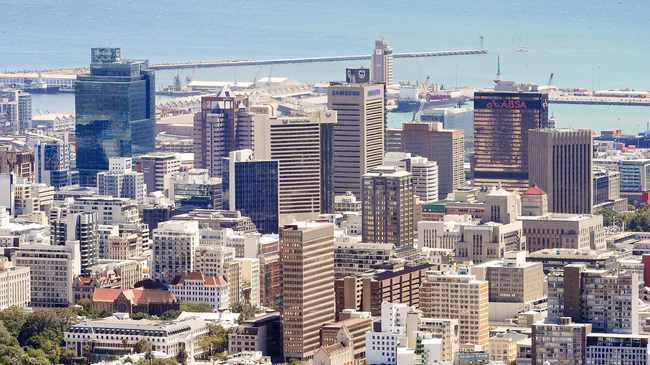This year’s September, the Tourism Month, marked the time to ease restrictions to support tourism recovery in the country, said the Western Cape MEC for Finance and Economic Opportunities David Maynier.
The province said Tourism Month 2021 marked the start of what would hopefully be a period of welcome relief for the tourism and hospitality sector. He said that the success of the summer season remained dependent on the opening of the economy in the Western Cape. “And so, with the decrease in Covid-19 infections and an exit from our third wave peak, together with the continued successful Covid-19 vaccination rollout in the province, it is critical that national government consider the easing of lockdown restrictions which are impacting on businesses in the Western Cape.”
The provincial department said that where it was safe to do so, the country must consider the easing of restrictions on the sale of alcohol, the curfew and the size of gatherings.
It added that the national government also needed to consider increasing the capacity of large conferencing venues and the attendance of spectators at sporting events where those attending were fully vaccinated.
The tourism sector generated R15.5 billion in gross value add and supported 174 982 jobs in 2019 in the Western Cape. But the sector has been hard hit and, while the Western Cape province said it maintained the lowest unemployment rate in South Africa, the tourism sector was estimated to have lost 75 477 jobs last year.
Maynier said that this was why reigniting tourism was important for jobs and the economy in the Western Cape. “We will continue to do everything we can to ensure the most successful summer season possible by tackling barriers to growth for the tourism and hospitality sector, increasing connectivity to the region and running our award-winning destination marketing campaigns that showcase the best that Cape Town and the Western Cape has to offer,” he said.
He added that last year saw a noticeable uptick in domestic arrivals post-winter and the first wave lockdown, and this year they expected a similar pattern as domestic airlines resumed operations.
As restrictions ease on travel to and from South Africa, more international airlines were also scheduled to return to Cape Town International Airport.
With key European source markets, such as Germany, France and The Netherlands now open to travel to South Africa, Maynier said they were optimistic that the summer season would be a much better season than last year.
“We are already seeing evidence of this with Cape Town International Airport achieving a 21 percent passenger recovery rate for the first three weeks of August 2021, compared to the same period in 2019, while international airline capacity reached the 50 percent recovery mark for the first time since the resumption of international services in October 2020.
“Our tourism and promotion agency, Wesgro, is already hard at work on our campaigns for the upcoming summer season with an international campaign running in Germany and the Netherlands and a domestic campaign planned for October,” said Maynier.
Addressing the Africa’s Travel and Tourism Summit (ATTS) media launch on Tuesday deputy minister of Tourism, Amos Fish Mahlalela, said Covid-19 impact on the Southern African Development Community’s member states, could cost the region up to 4.5-million jobs and up to US$40-billion in GDP.
“The Costed Action Plan for the SADC Tourism Programme has found that countries that significantly rely on tourism and services sectors will experience a downturn in their GDP due to Covid-19 and the resultant restrictions on travel. Micro, small and medium-sized enterprises will be most vulnerable to the impact,” he said.
Mahlalela said that the pandemic has given the tourism sector the opportunity to re-invent itself, to reflect and reimagine its role in the world.
In the same event, South African Tourism acting chief executive Sthembiso Dlamini, said the tourism sector still had the potential to create jobs and its importance to the economy has not been relinquished as tourism was listed as one of eight interventions for rebooting the economy.
She added that the Department of Tourism has developed the Tourism Sector Recovery Plan, which sought to preserve the industry’s R189-billion and save as many as 125 000 jobs.
Pre-Covid-19 statistics showed that Africa’s tourism industry was robust. The World Travel & Tourism Council reported that tourism generated in excess of US$200-billion– accounting for 6.9 percent of Africa’s GDP and had supported 24.7-million jobs.
